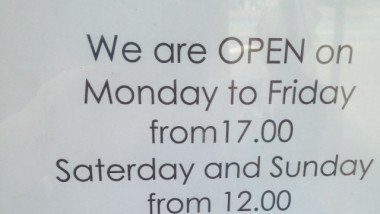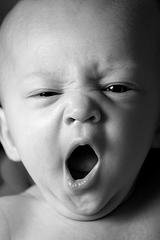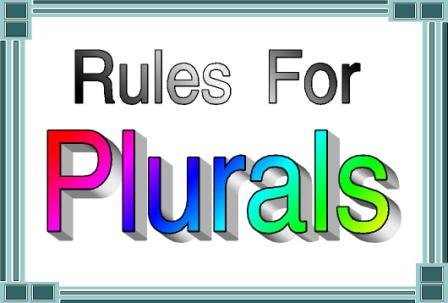To and too
In the quiz question on Facebook, the correct answer is ‘too’. The words ‘too’ and ‘to’ are often confused in Dutch. Here is a short explanation of their translations. ‘Too’ means ‘te’. For example: Don’t eat too fast = Eet niet te snel ‘Too’ also means ‘ook’. For example: Anne is a good teacher too= Anne is ook een […]











